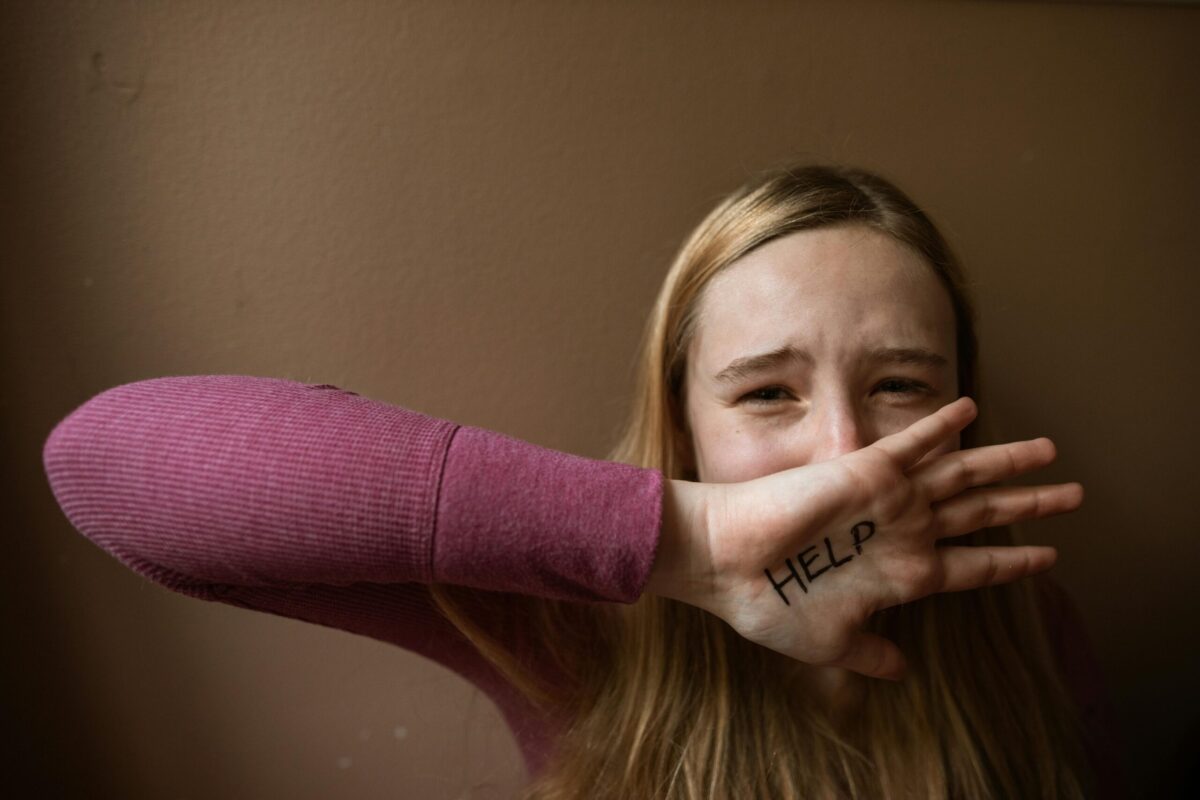Feeling drained doesn’t always mean you’re depressed, but it might. In today’s world, it’s common to feel worn out, emotionally flat, or mentally foggy, especially when juggling work, family, or school. But how do you know if it’s just burnout, or something more serious like clinical depression? Many people confuse the two because they share similar symptoms, yet they’re very different conditions that require different kinds of care. Burnout is often linked to external stressors, while depression may develop from internal psychological or biological factors. Understanding the difference between burnout and clinical depression is crucial for getting the right help. That’s something seen every day at Massachusetts Mental Health Center, where East Point Behavioral Health supports people through both work-related stress and deeper emotional struggles.
What Is Burnout and How Does It Start?
Burnout is more than just feeling overworked. It’s a state of chronic emotional, mental, and physical exhaustion caused by long-term stress, especially from responsibilities. It’s most commonly tied to your job, but it can also stem from caregiving, academic pressure, or even nonstop parenting.

The symptoms of burnout often include:
- Constant fatigue or low motivation
- Feeling detached or cynical about your responsibilities
- Decreased performance and productivity
- Trouble sleeping or concentrating
Unlike depression, burnout is typically linked to a specific cause. It often shows up in high-performing individuals who push themselves too hard without enough rest. A lack of work-life balance only makes things worse.
What is Clinical Depression — And How Does It Show Up?
Clinical depression, also called major depressive disorder, is a mental health condition that involves both psychological and biological factors. You don’t need a stressful job or an overwhelming life to develop it — it can arise from chemical imbalances, genetics, or trauma.
Depression and burnout may look similar at first, but key differences exist:
- A constant low or empty mood
- Losing interest in hobbies or relationships
- Feeling worthless or hopeless
- Changes in sleep or appetite
- Physical fatigue with no clear source
Unlike burnout, depression affects every area of life. Even when resting, people with depression may feel no improvement. It isn’t just a response to stress — it’s a condition that alters how you think and feel, often without a clear external trigger.
Difference Between Burnout and Clinical Depression
So, how can you tell the difference between burnout and depression? While they might look similar at first, there are key differences that can help you better understand what’s really happening.
First, consider the cause. Burnout usually stems from a specific situation, like a stressful job, caregiving role, or constant academic demands. It’s tied to external responsibilities that wear you down over time. Clinical depression, on the other hand, doesn’t always have a clear trigger. It can develop even when life seems “fine” on the surface, because it’s rooted in deeper psychological and biological factors.
Next, look at your emotional state. People with burnout often feel cynical, detached, or frustrated with their work or obligations. In contrast, clinical depression brings a more profound emotional heaviness — feelings of emptiness, sadness, or hopelessness that extend beyond one area of life.
Energy levels also show a difference. Burnout tends to cause mental fatigue and emotional depletion. You might dread work or feel mentally checked out. Depression affects the whole body. You may feel physically slowed down, exhausted even after resting, or unable to enjoy activities you once loved.
Finally, pay attention to how you respond to rest or time off. Burnout can be improved when you take a break or make changes to your routine. Depression typically doesn’t lift just because you take a vacation or reduce your workload—it requires a more targeted treatment plan to feel better.
Understanding these differences can help you or someone you care about take the right first step. And if you’re still unsure, it’s always okay to ask for help.
Overlapping Symptoms That Can Confuse You
Many people ask, “Is it burnout or depression?” — and for good reason. They share several symptoms:
- Trouble sleeping or sleeping too much
- Trouble concentrating
- Fatigue
- Pulling away from social situations
Because of this overlap, self-diagnosis is risky. Someone experiencing burnout may think they’re clinically depressed, or vice versa. That’s why speaking to a professional is so important.

When Burnout Turns Into Depression
Can one lead to the other? Unfortunately, yes. Can burnout turn into clinical depression? It absolutely can—especially if you ignore the signs and keep pushing forward.
If you feel like:
- You’ve lost joy not just in work but in life
- You’re emotionally numb
- You feel hopeless instead of just overwhelmed
These may be signs you’ve gone past exhaustion and are now experiencing depression. Knowing how to recognize burnout before it becomes depression gives you the power to act early. Rest may help burnout, but if the emotional weight remains, it’s time to consider something deeper.
Who’s Most at Risk for Burnout or Depression?
While anyone can experience burnout or depression, certain groups are more vulnerable due to the pressures they face or their personal history. Healthcare workers, educators, first responders, and tech professionals often face nonstop demands, limited boundaries, and high emotional labor. Students, parents, and caregivers may carry invisible loads that wear down their mental health over time.
People with a family history of depression, past trauma, or those living with chronic illness may also be more likely to experience depression, burnout, or both. Recognizing who’s at higher risk doesn’t mean they’re guaranteed to struggle — but it does mean early support can make a real difference.
What You Can Do: Next Steps for Clarity and Support
First, don’t try to solve this alone. You’re not expected to figure it out without help. Self-diagnosis can lead to the wrong kind of support — or no support at all. A trained professional can tell what’s really going on and help build the right plan.
Whether you need online treatment for depression, prefer in-person support, or aren’t sure what’s right for you, our team at East Point Behavioral Health offers flexible care that meets you where you are. If leaving the house feels overwhelming, virtual therapy sessions allow you to connect from the comfort and safety of home.
Treatment Paths: Personalized Care Based on Your Experience
Treatment depends on what you’re going through. For burnout, the focus is on recovery and lifestyle changes. For depression, deeper clinical support is often needed.
If it’s burnout, we may recommend:
- Talk therapy focused on boundaries and stress
- Help creating a work-life balance
- Coaching for career or life direction
- Restorative time off to recover from burnout before it gets worse

If it’s depression, the approach may include:
- Evidence-based therapy, like CBT or DBT therapy in Massachusetts
- Medication, if appropriate
- Support for underlying trauma or chemical imbalances
- Emotional tools to regain interest and joy
Each person’s path is different, but the goal is the same—healing. No matter which path fits you best, our care options include both in-person and online therapy throughout Massachusetts, making it easier to get the help you need, on your terms.
You Don’t Have to Push Through Alone
You might feel like pushing through is your only option. But it’s not. The difference between burnout and clinical depression isn’t just a mental health technicality—it’s the key to getting the right help at the right time. Both conditions are valid. Both deserve care. And both can be treated. At East Point Behavioral Health in MA, we’re here to help you move forward, no matter where you are on your path. Early support changes everything. You don’t have to carry this alone. So, if you’re ready to talk to someone, our East Point Behavioral Health team offers in-person and online therapy to help you overcome this.



